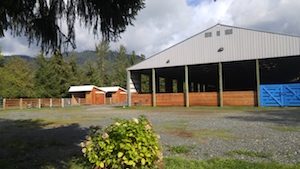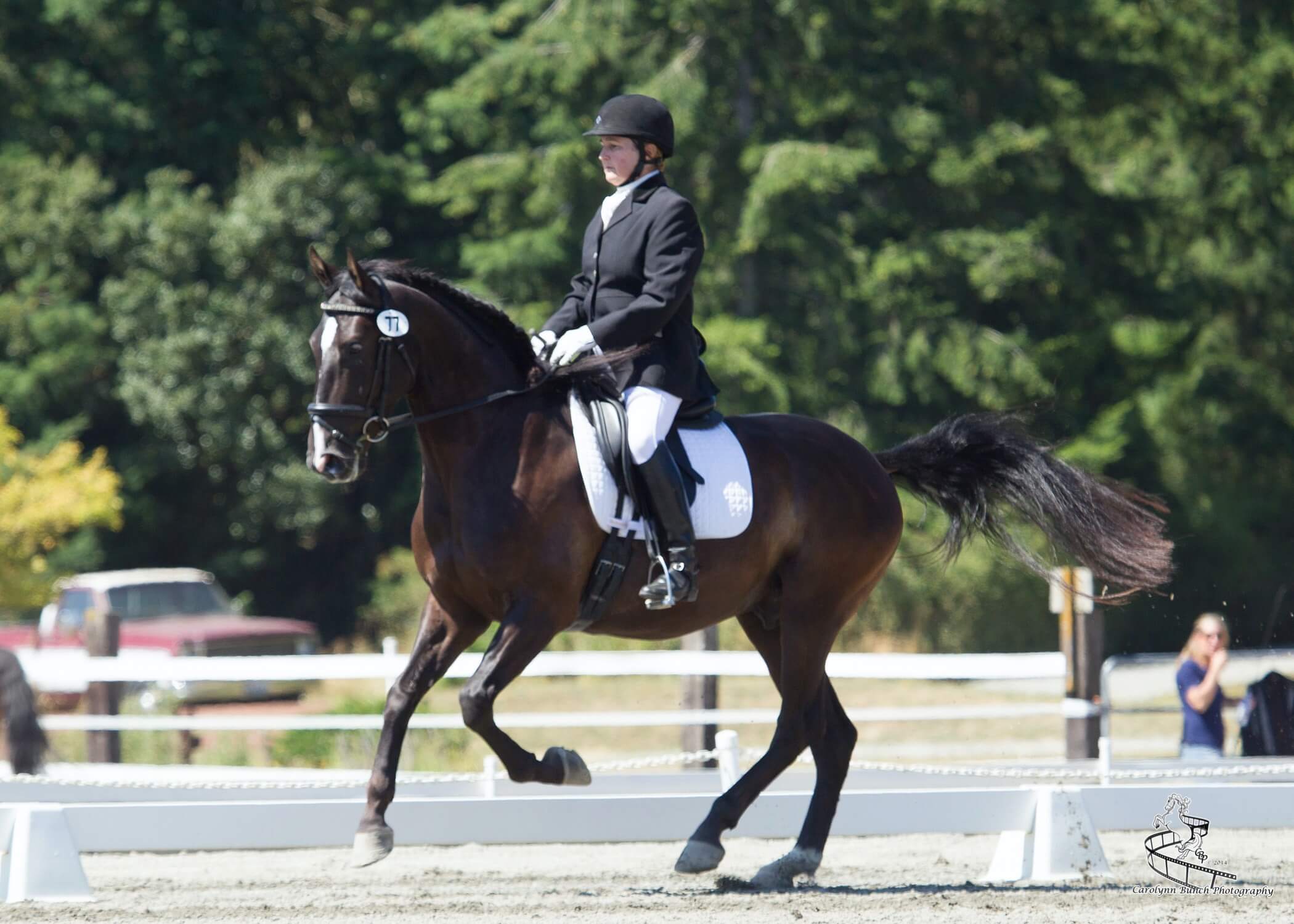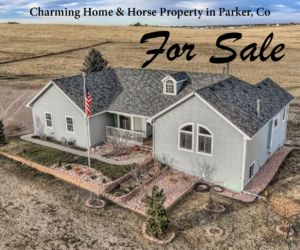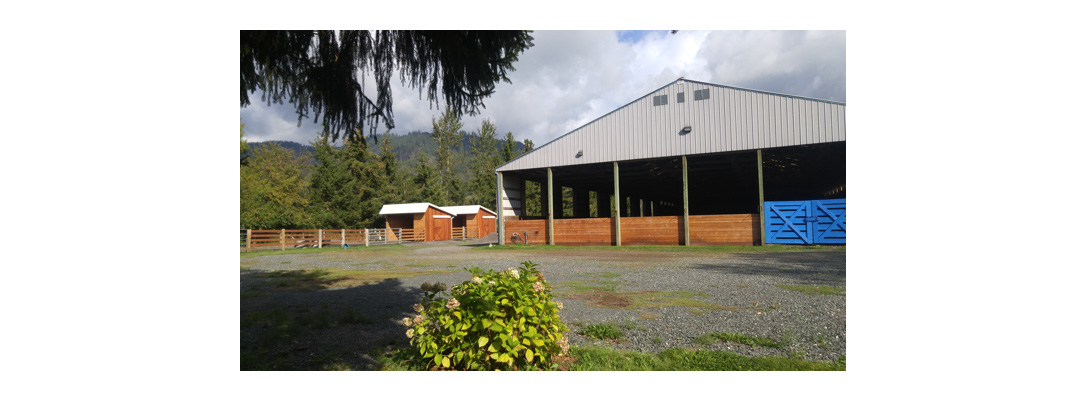Etiquette for Equestrians Away From Home
by Kim Roe

Most boarding and training facilities are owned and managed by hard-working professionals who are in the business because they love horses and the country life. The horse business involves non-stop work and loads of money — both in the original outlay of building a facility and to keep everything maintained afterwards. Many facilities allow horse owners to haul-in for riding lessons or to use facilities for a fee. This fee is rather minor when compared to the cost of owning or maintaining a facility. Hauling in allows horse owners to keep their horses at home and still be able to use an indoor arena or other amenities provided by the facility.
Whether you haul-in to an equestrian facility or board your horse at one, there are some important etiquette rules to be aware of that will help to keep the barn manager from throwing in the towel and looking for work at the local quickie mart. Remember, even though you are paying a fee to use a facility, or you pay board, it’s still bad manners to be a slob. Most barn managers don’t want to have to ask people to do what’s considered common courtesy, and repeatedly cleaning up after thoughtless people takes a toll on morale. Keep these points in mind the next time you use an equine facility. If you don’t, you may find that using that facility is no longer an option.
Park and Unload in the Designated Spot
If you don’t know where that spot is, check with barn staff before unloading. This is also a good time to sign any necessary forms.
Clean Up Your Poop (and Other Stuff)
This seems obvious, but many people still don’t do it! Maintaining gravel driveways and arena footing is expensive. Even a small amount of manure can degrade the driveway or the arena. Don’t pick up part of a pile and leave the rest. Don’t clean manure and mud from your horse’s feet and leave that in the driveway. Don’t de-shed your horse and leave a driveway full of horse hair. And finally, don’t feed your horse his hay from a hay net at the trailer and leave a pile of seedy hay there to sprout next spring.
Groom your horse at home, then all you have to do when you arrive is tack up. Carry a manure fork, rake, and a muck bucket in your trailer, rake up around your rig before you leave, and haul it all home. It’s so easy, and most barn managers will cry tears of joy for such considerate, and rare, behavior.
No Digging
Please don’t let your horse dig a hole in the driveway. If you can’t stop the pawing, please fill the hole in and rake the gravel smooth after you load up.
Pick Up a Broom
If the facility you use has a covered place for you to tack up, with a cement or matted floor, take the extra step to sweep the area after you are done. Even if there was dirt there when you arrived, be the good guy.
Leave Dogs at Home
Some horses are terrified of dogs which can precipitate an accident. Your dog might fight with the resident dogs and/or chase the barn cats. Male dogs urinate on expensive hay, tack trunks, flower pots, and so on. Dogs in cars bark and disturb other people’s lessons. You love your dog, but leave him or her at home.
Don’t Tie to the Arena Fence
This seems so obvious. At worst, an accident can happen; at best, they will damage the fence by chewing or pawing it.
Stay Off the Lawn
There are places to ride, and places not to ride. Know which is which.
Don’t Use Other People’s Things
Please don’t assume those whips, lunge lines, or helmets hanging on the arena fence are for you to use. Someone spent their hard-earned money on that stuff. Bring your own. If you forgot something, ask before you use something. Most people are happy to share.
Don’t Turn Your Children Loose
Make arrangements for your children when you ride or take a lesson. This is a safety consideration for your child as well as for other people. It’s extremely rude to assume the barn manager, trainer, or other clients are going to keep an eye out for your child while you are riding.
We’ve all heard the phrase “leave it as good as you found it”, but I prefer to go one step further and leave a place better than I found it. The Golden Rule applies here, as in most of life. Do to others as you would like done to you. Make the barn manager’s day a good one, and leave the place a little better than you found it. I guarantee you’ll be invited back.
Originally Published February 2018 Issue

Kim Roe grew up riding on the family ranch and competed in Western rail classes, trail horse, reining, working cow, and hunter/jumper. She trained her first horse for money at 12 years old, starting a pony for a neighbor.
Kim has been a professional dressage instructor in Washington state for over 30 years, training hundreds of horses and students through the levels. In recent years Kim has become involved in Working Equitation and is a small ‘r’ Working Equitation judge with WE United.
Kim is the editor of the Northwest Horse Source Magazine, and also a writer, photographer, and poet. She owns and manages Blue Gate Farm in Deming, Washington where she continues to be passionate about helping horses and riders in many disciplines.






